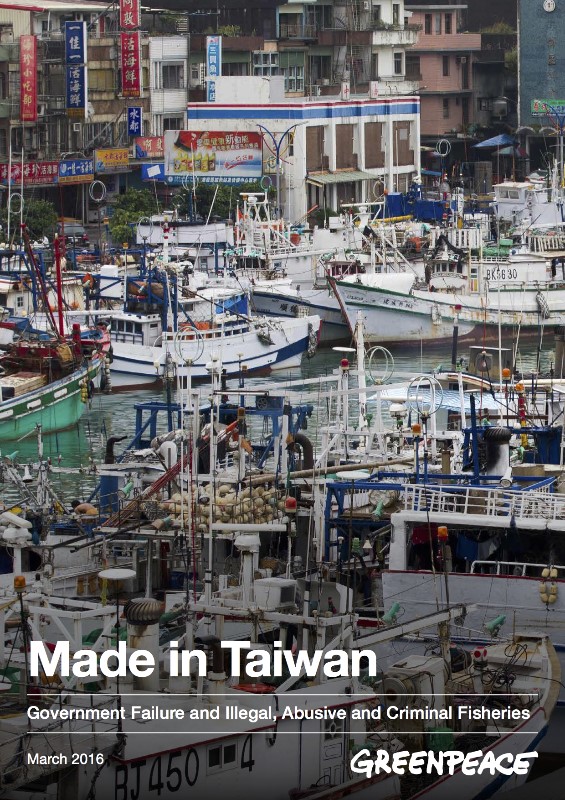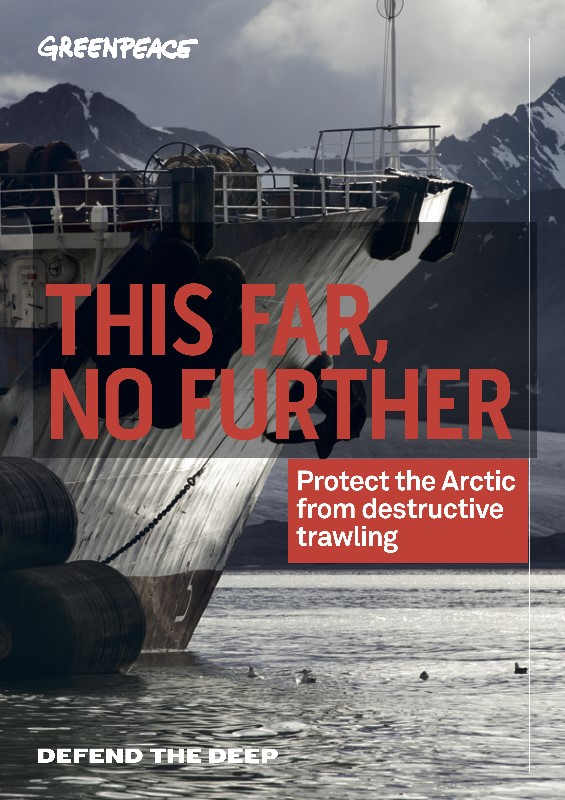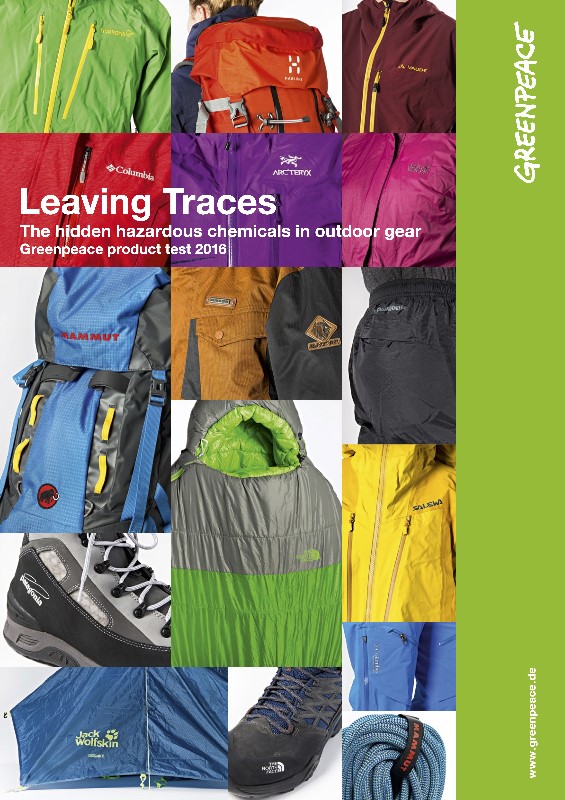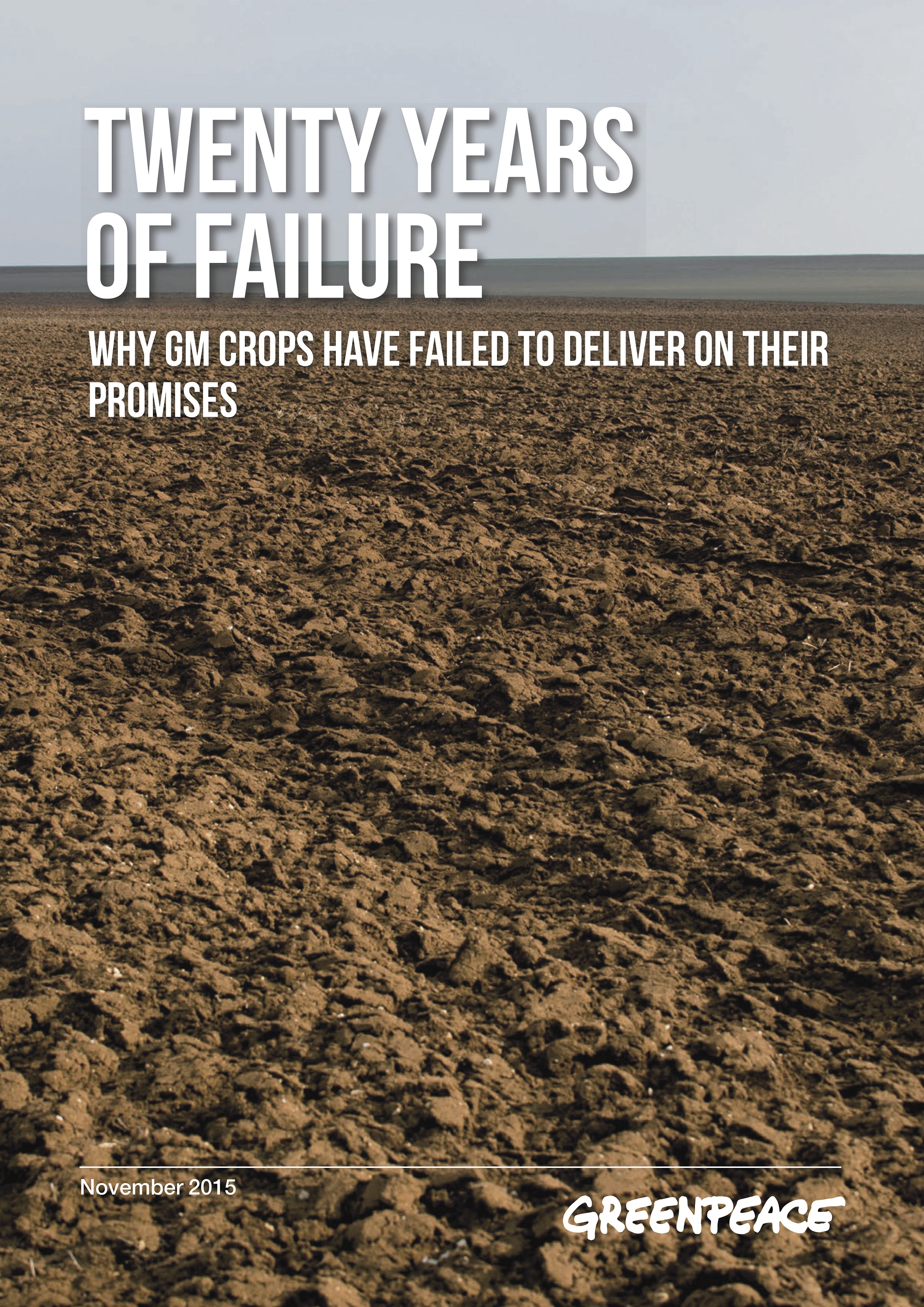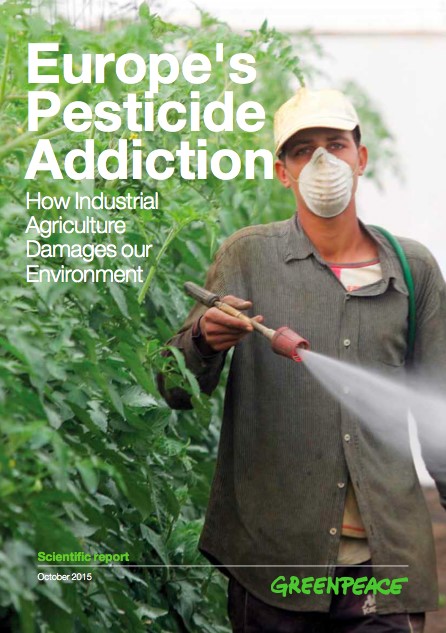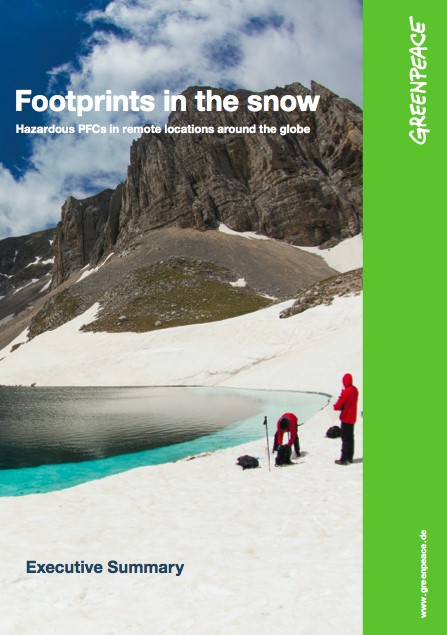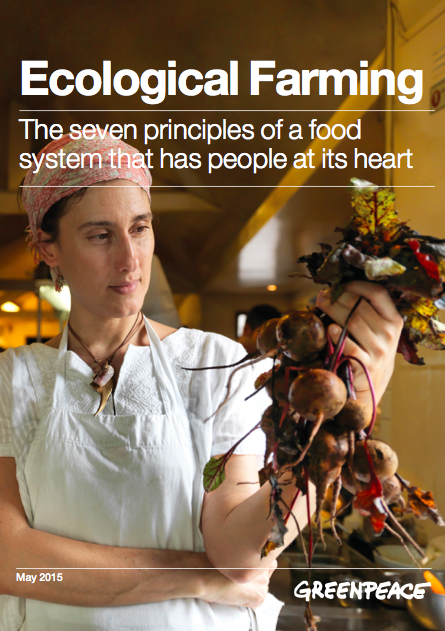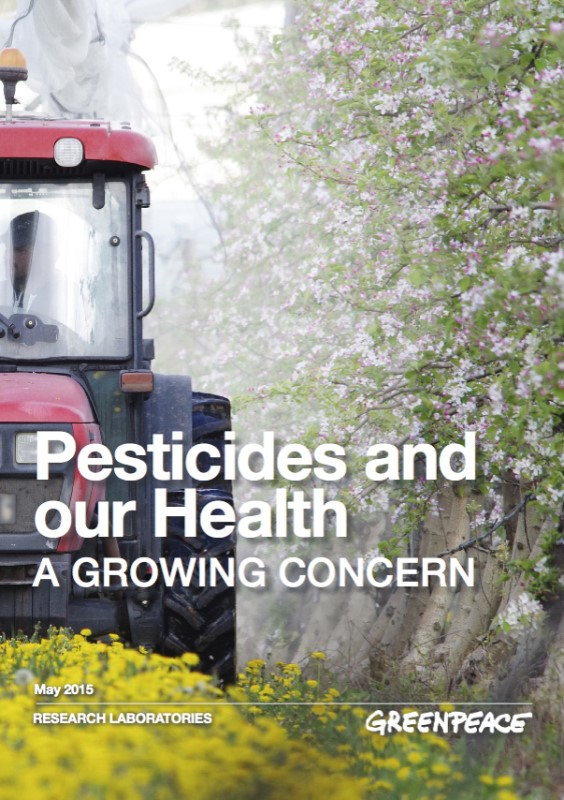-
Annual report 2015
Greenpeace is on a transformational path. Our world is changing faster than at any other time in human history.
-
Annual report 2014
Now well into its fifth decade of existence, Greenpeace continues to reinvent itself. Rather than bask in past glories, our organisation is undergoing a process of renewal.


